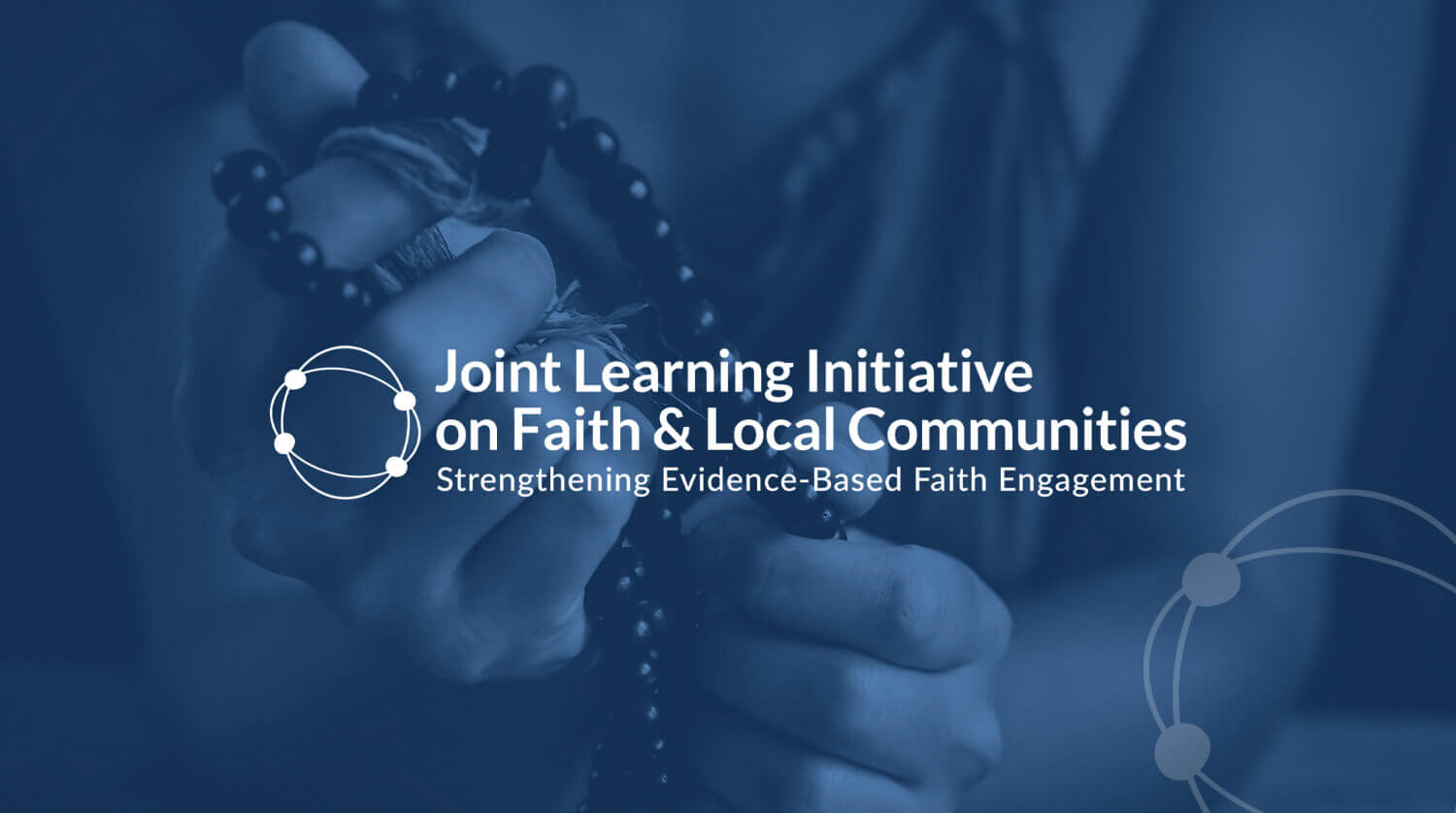Faith Works Africa, Abuja Nigeria October 18-20
Co-hosted by the African Council of Religious Leaders, GHR Foundation, USAID, Religions for Peace and The Global Women of Faith Network , under the auspices of Cardinal John Onaiyekan and the Sultan of Sokoto.

300 religious leaders and heads of FBOs gathered to explore activity and contributions to peace and prosperity. A resolution unanimously adopted by the assembly called for interreligious collaboration to end extreme poverty and to address the underlying causes of violent extremism.
JLI moderated a session on humanitarian response, with a short presentation including the 5 Evidence briefs on religious and faith based response. Religious leaders from across the continent offered specific examples of religious and faith-based response to local humanitarian challenges.
See live stream recordings here
There were several contiguous meetings: The Sultan of Sokoto together with IIPC, led by Imam Magid and Imrana A. Umar and UNDP, hosted by top Uluma from seven West African countries for a two day working discussion on how to ramp up religious leadership to counter violent extremism. The Sultan chaired the intense discussions which resulted in the Declaration. The Network of Religious and Traditional Leaders and IIPC briefed inter religious leaders on the Marrakesh Declaration. The Declaration was a revelation to most of the participants. Muslim and Christian speakers from the floor noted the reciprocal benefits of the Declaration with regard to protection for all religious minorities. The Declaration was warmly received, with calls from Christian leaders to develop an analogous document drawing on Holy Scripture for protection of the rights of minority religions. A USIP fellow announced that he had translated the document from the original Arabic into Hausa.






